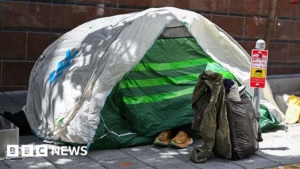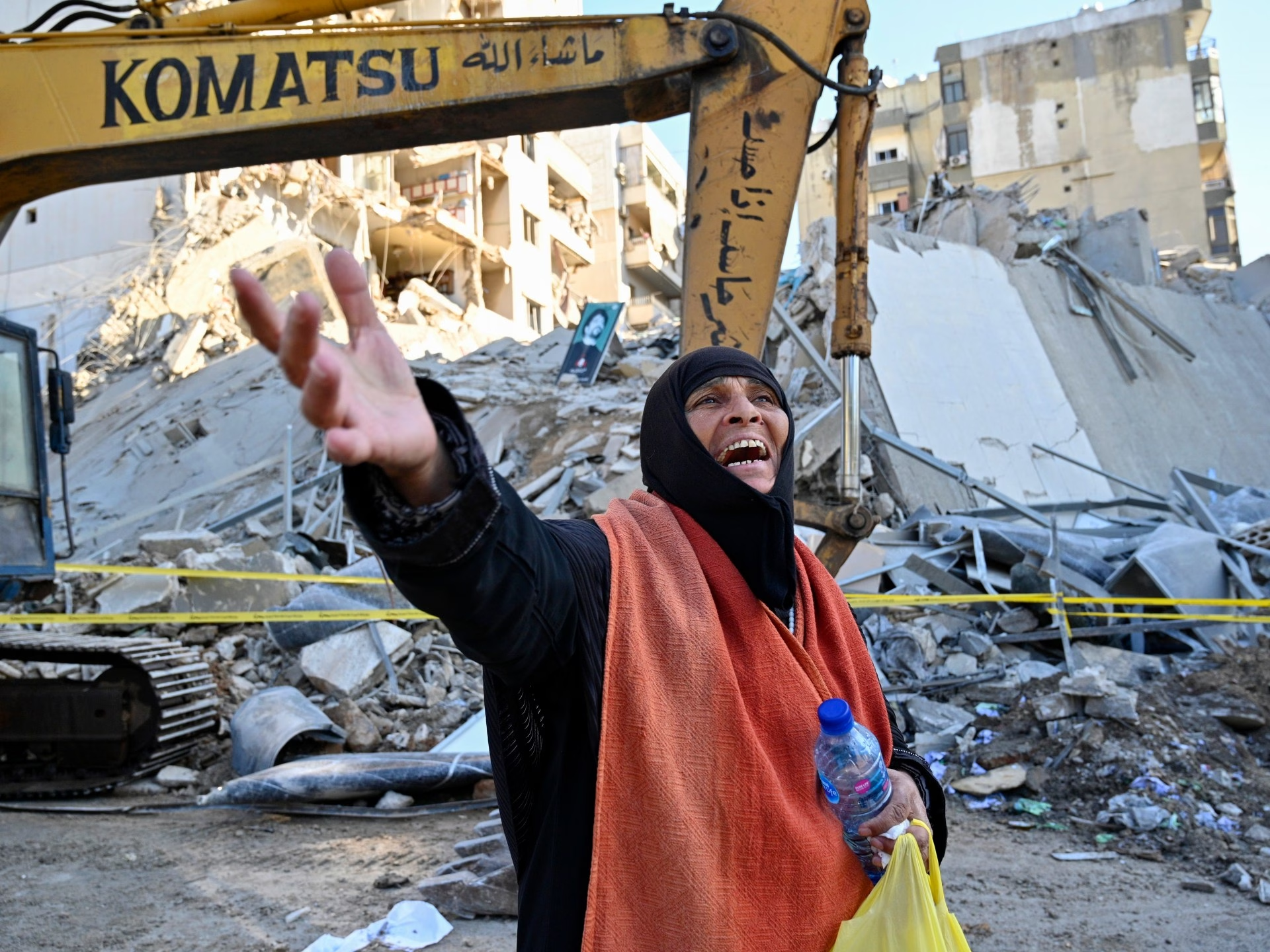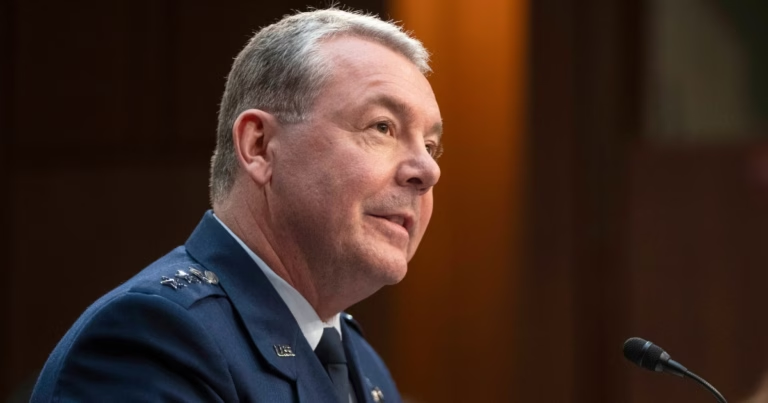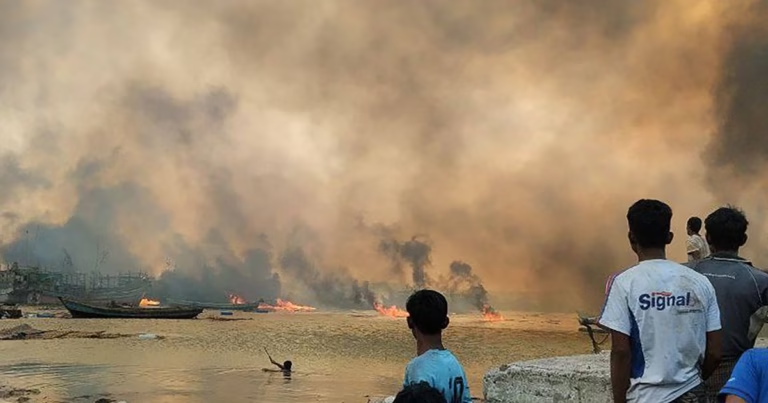The recent conflict with Israel has further compounded these difficulties, leaving Lebanon to contend with destruction and uncertainty.
To comprehend the present economic landscape, an examination of key events from the past decade is essential.
The ‘WhatsApp Tax’ Protests, 2019
Although the initial trigger for the 2019 protests was a proposed tax on WhatsApp calls, the root cause was widespread discontent with the government’s ineffective policies, mismanagement, corruption, and the pronounced economic disparity these measures fostered.
Years of controversial fiscal policies and the central bank’s unsuccessful 2016 “financial engineering” efforts, which involved complex transactions and issuance of financial instruments aimed at attracting foreign currency and providing liquidity to the banking sector, had eroded public confidence.
Persistent fiscal deficits and inflated salaries within the public sector, particularly after a significant wage increase in 2018, further strained trust.
These factors culminated in economic hardship, sparking the October 2019 protests that exposed Lebanon’s economic vulnerability.
In March 2020, Prime Minister Hassan Diab’s government defaulted on sovereign debt, coinciding with the onset of the COVID-19 pandemic, which disrupted global supply chains and magnified Lebanon’s vulnerabilities.
The pandemic exacerbated the already compromised healthcare system, resulting in critical shortages of hospital beds and essential medications.
Lebanon’s reliance on tourism and remittances made it especially susceptible to the global economic downturn.
The Beirut Port Explosion, 2020
The August 2020 explosion in Beirut, one of the most powerful non-nuclear explosions in history, caused widespread destruction and loss of life, revealing deep-seated corruption and negligence within the government.
This incident severely discouraged foreign investment, further destabilizing an already precarious economic situation.
The Lebanese pound plummeted throughout 2020, spurting rampant inflation and diminishing the purchasing power of the population.
In 2022, Russia’s invasion of Ukraine disrupted global fuel and food supply chains, intensifying economic pressures on Lebanese households struggling to maintain basic living standards amid the government’s inadequate provision of essential services.
Sali Hafiz: ‘Wonder Woman’ Demanding Her Money
In response to the 2019 banking sector turmoil, where access to deposits became increasingly restricted from the third quarter onwards, Sali Hafiz used a fake gun to secure her savings from a Beirut bank in September 2022. Dubbed “Wonder Woman” by the public, she symbolized the widespread suffering experienced by Lebanese citizens.
These overlapping crises created a perfect storm, bringing the nation to the brink of collapse.
Many families were compelled to sell their cherished belongings, and reliance on foreign remittances intensified. However, this vital support was inadequate for many.
The resulting desperation fueled a massive migration movement, including many skilled professionals, with the emigration of “boat people” symbolizing the nation’s despair.
In 2019, the government introduced a dual exchange rate system and imposed price caps on certain commodities as part of its efforts to stabilize the economy.
This initiative led to shortages and thriving black markets for these products by 2020, resulting in extensive queues and widespread public anger by 2021.
By the end of 2022, the cumulative effects of debt default, pandemic, port explosion, currency devaluation, and global price increases culminated in unprecedented economic and social distress.
Hope Dwindles
Despite a temporary respite in 2023, as the government ceased printing Lira banknotes and lifted price restrictions, eliminating shortages and black markets, hope was short-lived.
Following Hezbollah’s military engagement with Israel in October 2023, sparked by events in Gaza, the country faced a full-scale Israeli assault in September 2024, leaving it devastated by the year’s end.
The resulting destruction was estimated by the World Bank at approximately $3.4 billion, while economic losses, including lost productivity and trade disruptions, totaled an additional $5.1 billion, representing a staggering 40 percent of Lebanon’s GDP.
The conflict disrupted trade and deterred foreign investment, exacerbating prevailing challenges—destroyed infrastructure hampered transport and logistics, severely impacting businesses already on the verge of collapse.
Disconnecting Hezbollah
Hezbollah has played a significant role in Lebanese society for decades, providing financial and social support to its followers in southern suburbs, the south, and the northern Bekaa Valley.
However, the war severely diminished its role, effectively decoupling its contributions from the economic system, which will likely negatively impact those who relied on its support.
While the comprehensive macroeconomic impacts are yet to be seen, this could lead to further social and economic instability—particularly as Israel targeted areas where Hezbollah’s support base resides.
Hopes for the Future
Under the new government of President Joseph Aoun and Prime Minister Nawaf Salam, there’s hope for renewed political will to implement difficult reforms, given the new government’s regained popular legitimacy.
Potential avenues the new government may explore include banking reforms, increasing trade and foreign investments, and bolstering the nation’s appeal as a business destination.
However, it faces immense obstacles posed by the deep-seated issues that have afflicted Lebanon for at least a decade.
What remains to be seen is the government’s capacity to enact economic reforms, maintain political stability, and navigate the complexities of the regional geopolitical landscape.
Ultimately, the success of these initiatives will directly affect the Lebanese people, particularly the most vulnerable, within a context where poverty rates have significantly increased since 2019.
Failure to deliver could exacerbate the struggle for a decent living, driving more citizens to desperate measures like increased emigration and further brain drain, which could erode the nation’s social cohesion.








